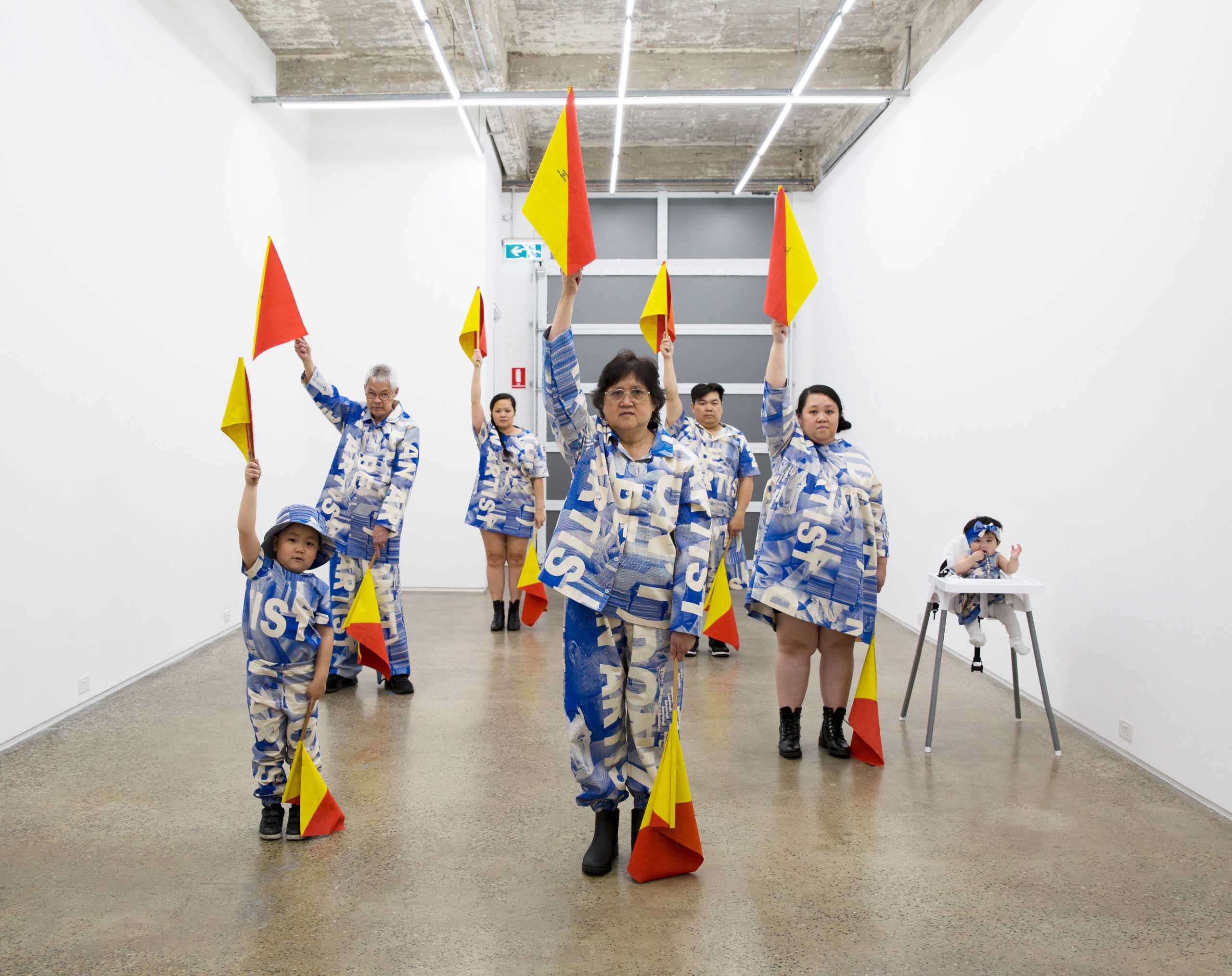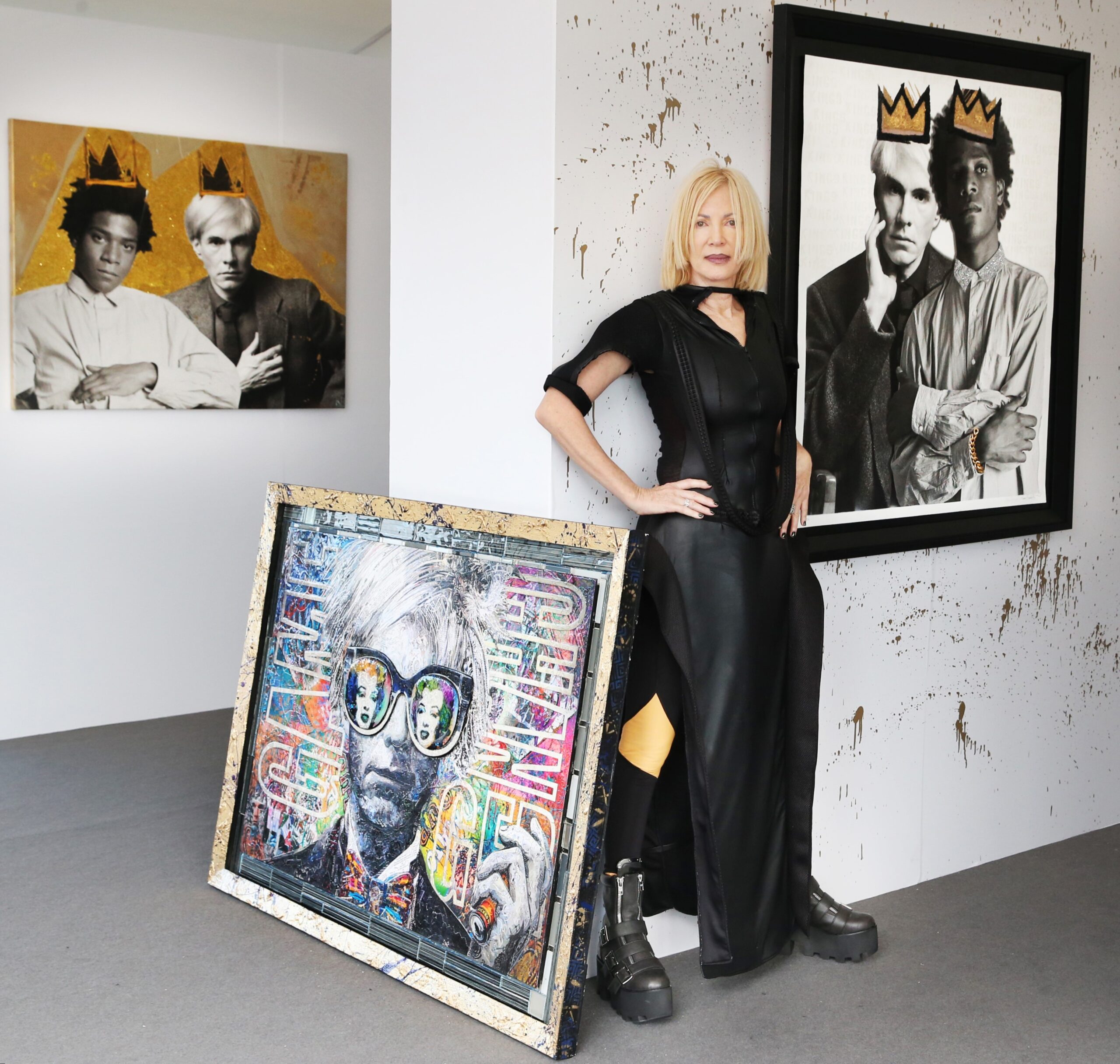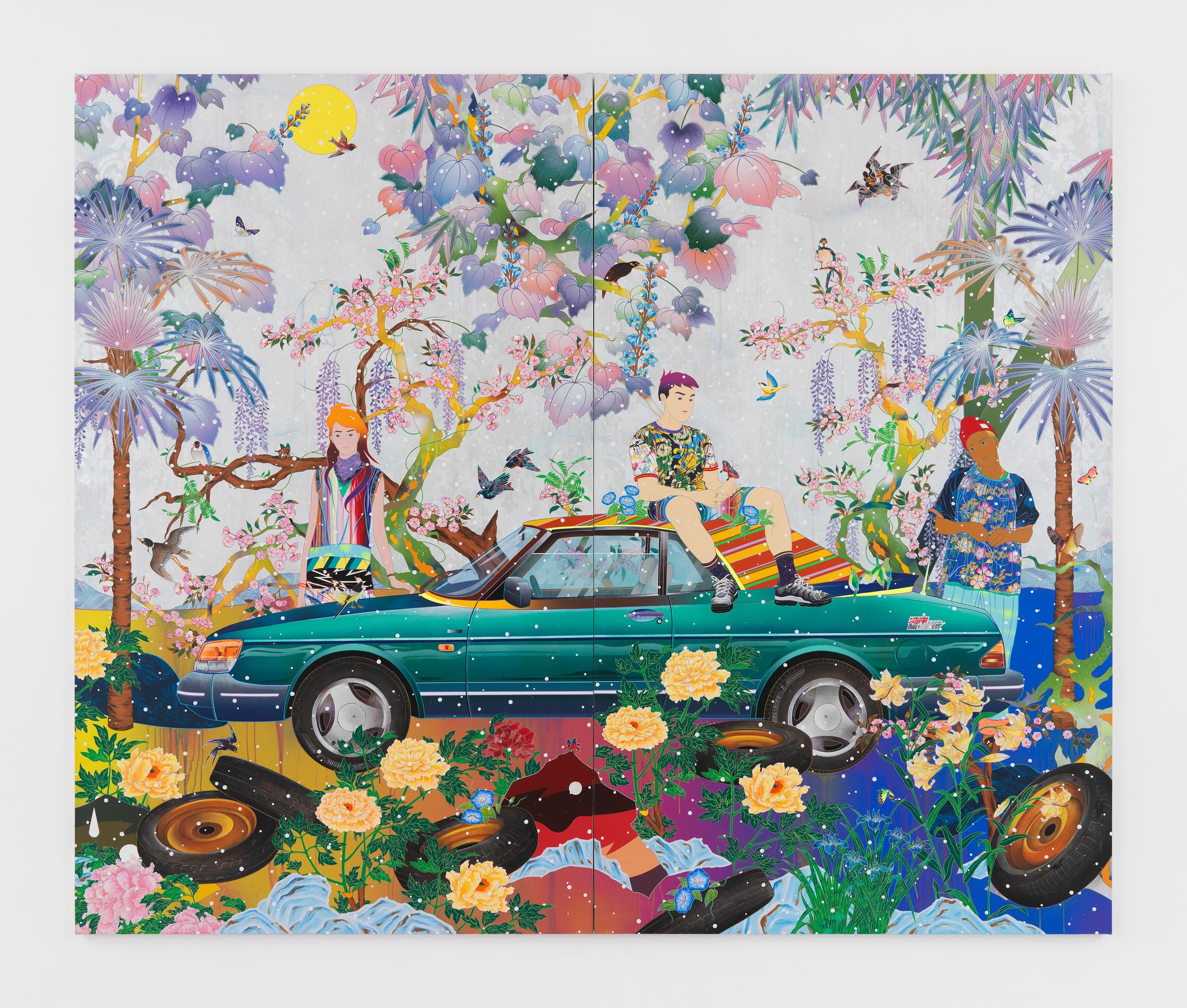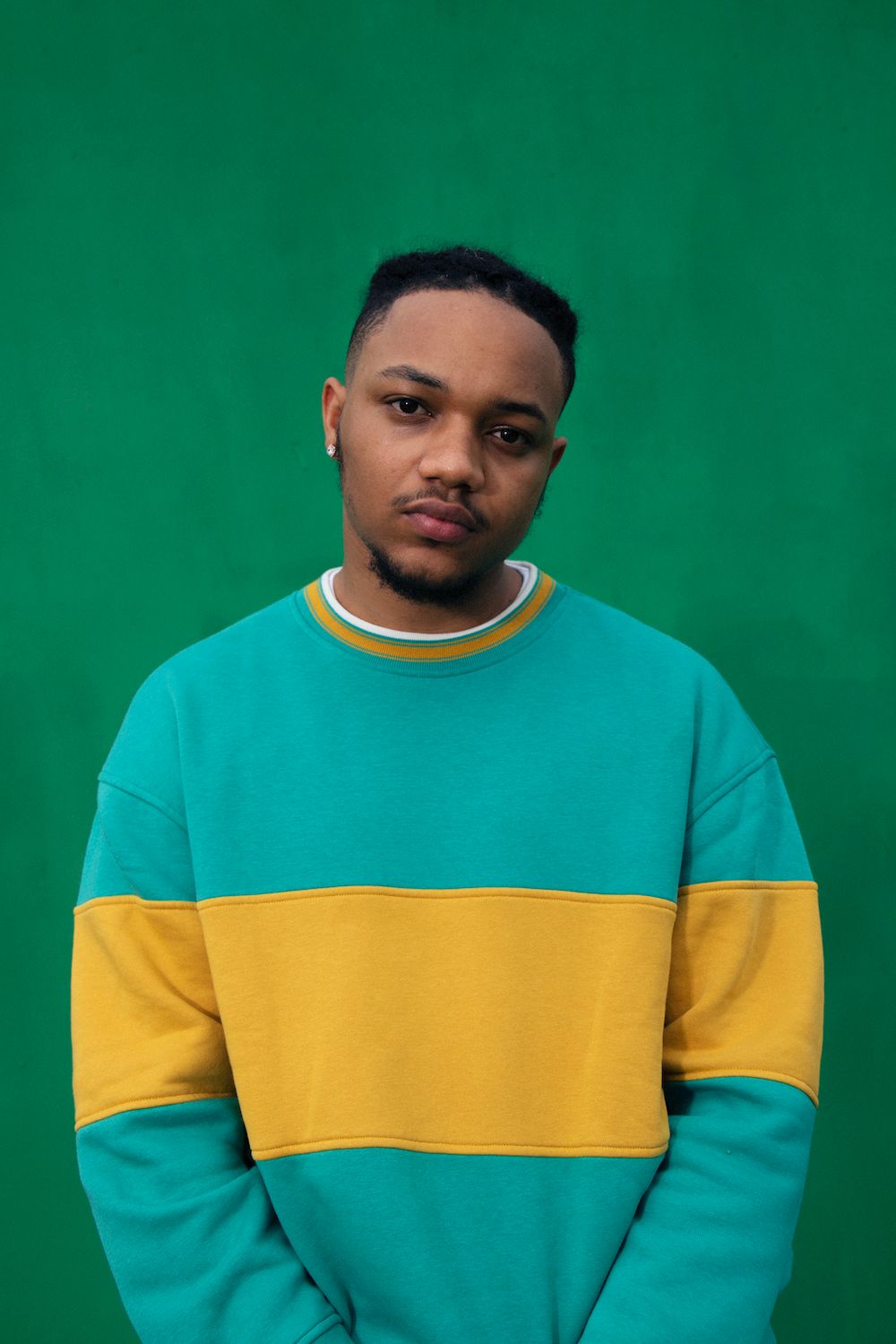
London
At this point, it is no secret that I am an Afrobeats stan, as somebody who has been in tune and had many a conversation with a variety of Afrobeats artists its always exciting for me to see who the artists are that are continuously taking forward the Afrobeats genre as it continues to grow and evolve out of the African continent.
However, when we are talking about that growth and evolution there are certain people who we cannot ignore, when we speak of artists like Wizkid, Tiwa Savage, Ayra Starr, Rema, and Crayon, to name a few there is a name that has a connection to them all.
And that name is 22-year-old Afrobeats producer London. Hailing from Kaduna, Nigeria the young Afrobeats producer moved to Lagos to pursue his dream of music and has since become one of the hottest Afrobeats producers shaping the sounds we love.
His work includes top hitters Wizkid and Tiwa Savage, as well as next the new generation of artists including Ayra Starr on her 2021 debut album and more recently Rema’s Rave & Roses. London is growing and building the Afrobeats genre one artist at a time.
Speaking with London we caught up on everything from moving to Lagos, working on Rema’s debut album, the ever-changing genre of Afrobeats, taking it international and so much more.
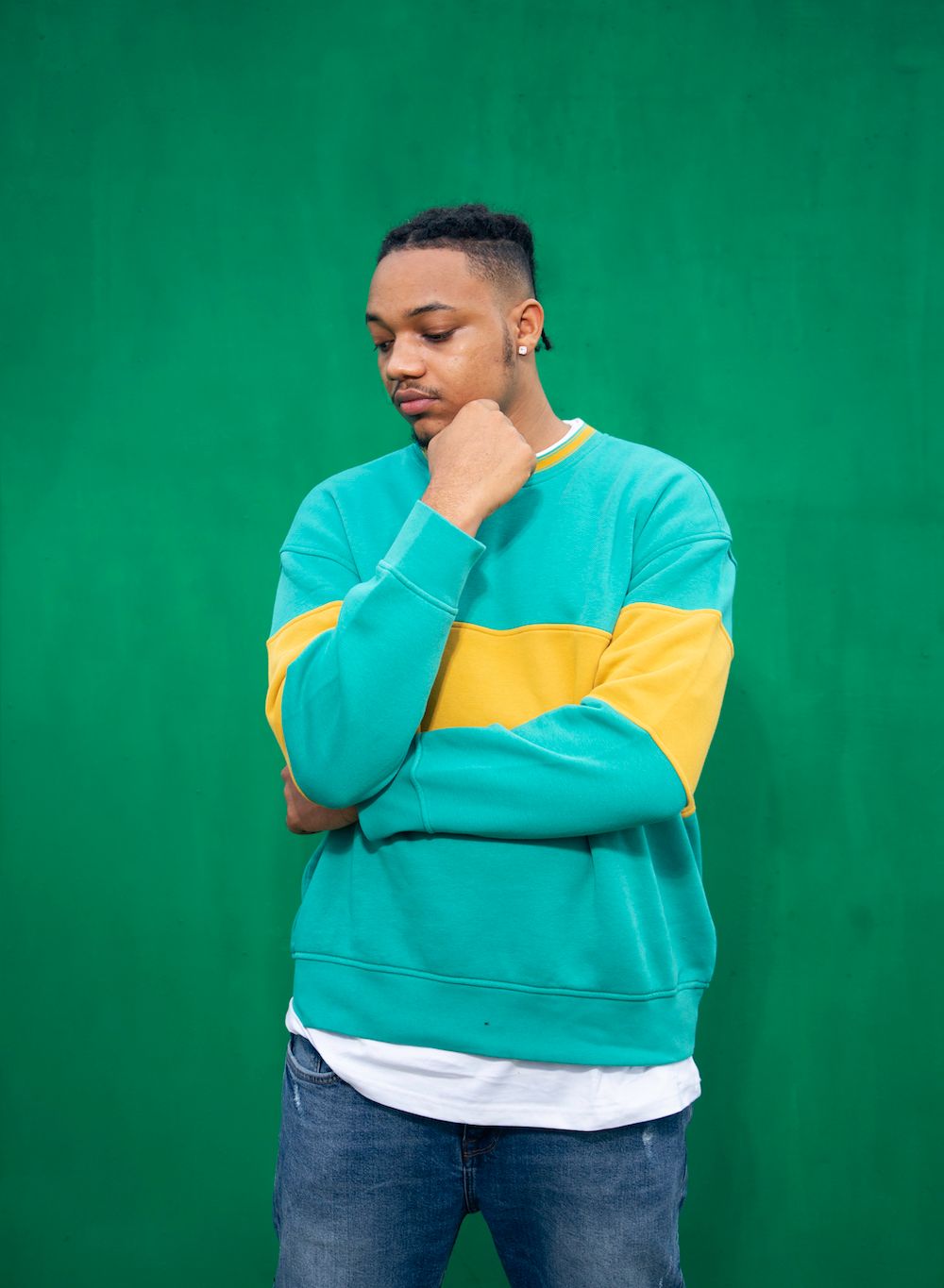
Going back to the beginning what was your first introduction to music in terms of having that interest and being exposed to it?
I think like my first interest in music started from like church. Like literally everyone in my family was into music. My aunties used to like to sing in church, and my uncle used to play instruments in church as well. So I always had an interest in music from like a very young age, I started playing the drums when I was seven years old in church and since then, I’ve pretty much been very interested in the whole process of creating music.
As a producer was that something that you were always particularly interested in or did you get more into that side of music as you were growing up?
It was always something I was interested in doing, honestly, I remember when I was growing up, I used to tell my mom I wanted to study music, but growing up in an African home and everything, no one supports that vision because everyone feels like you have to be a lawyer or a doctor or just something like an engineer. They didn’t think that music was going to do well for me. So I had to prove a point to them by just breaking out myself and doing what I’m doing right now.
You moved to Lagos from your hometown Kaduna to pursue music, what was your experience in the city after you made the move?
Before I moved to Legos, I made sure I already had some connections because I didn’t just wanna move there without knowing anyone or knowing what my next move would be. So, I was planning this whole thing for like months, I was in talks with the producer from Mavin Records, BB Fresh and I would always tell him I want to come to Lagos and just be at the studio, just vibe with you and everything. So just building relationships in Legos, I made sure I had a few friends there so that once I moved I’d have somewhere to stay at least. I stayed at a friend’s place for a couple of weeks before finally moving in with BB Fresh who was my mentor. So I planned everything before hand.
When you came in as a new producer, what were the expectations of the space? What did you think of the music scene when you arrived?
Honestly, the crazy thing is that I never used to make Afrobeats. I started making trap beats, BB Fresh then mentored me into making Afrobeats. So when I started making Afrobeats I used to listen to a lot of other Afrobeat records around that time, and I wanted to figure out a way to stand out and be different from what was going on at that time. So I would always infuse the trap sounds with Afrobeat drums and everything at that point, I was just trying to make a statement and stand out, honestly.
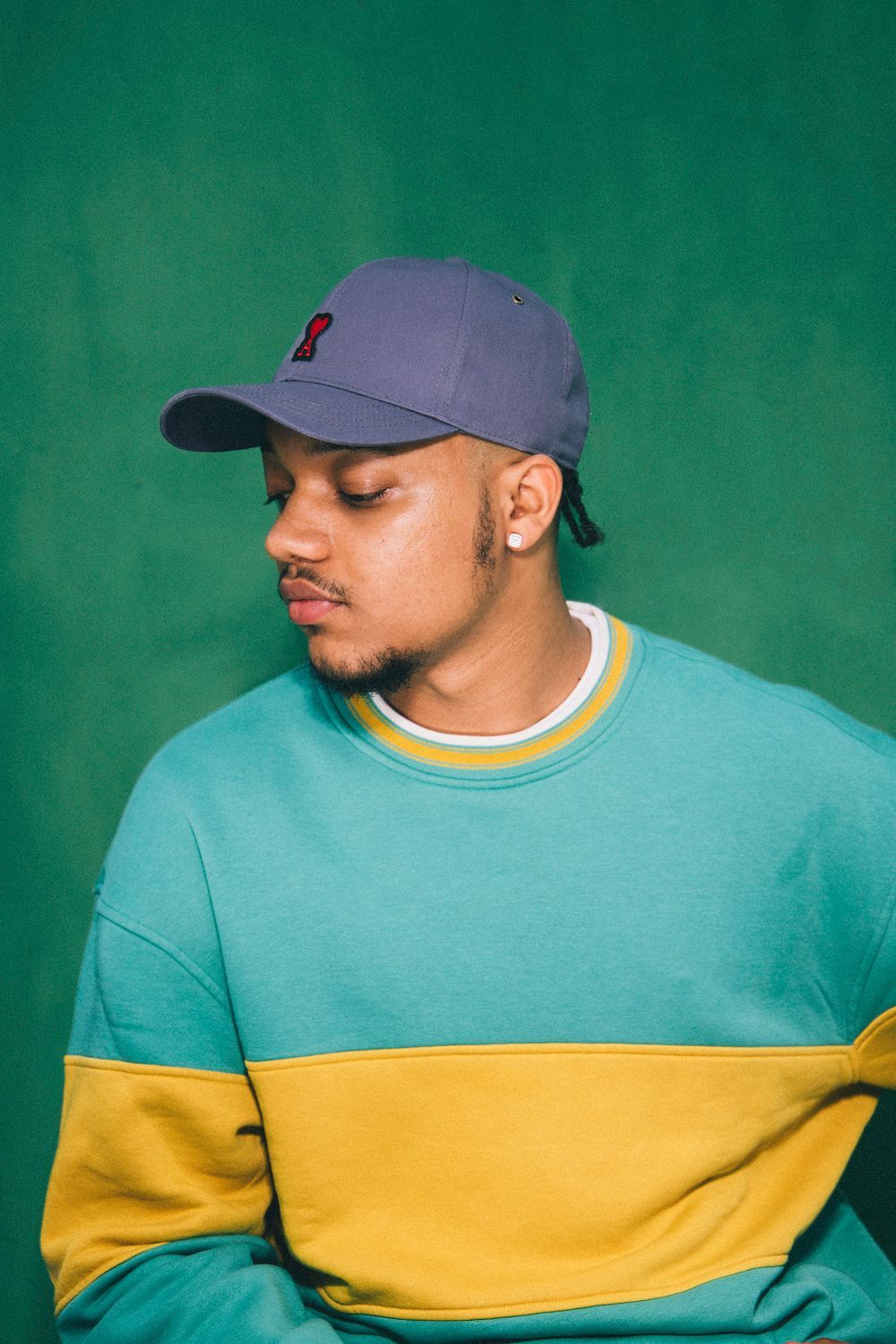
How has your production style and process evolved since you started?
I remember when I started making beats, the confidence I have right now is not the same as I had when I just started making beats. The more you make beats, the more you grow, the more you work with different artists, the more you learn new stuff. Working with Rema I’ve learned a lot of things from him, like when it comes to manipulating sounds and everything. Because he also has his ideas and you know, he finds a way to infuse them with my ideas, so as it depends on the artist I’m working with and for every artist I work with it is always a new learning process for me. So. Yeah.
The genre of Afrobeats has developed a lot sincec you first came on the scene. You who has been creating that sound with the new generations of artists that have made waves across the continent. How have you have contributed to that growth?
I feel like my sound has played a role in making Afrobeats global. Mm. Not to sound biased or proud or anything, but it’s just a fact, honestly. The things I have done, no one has done them when it comes to the whole creative process of making beats. So I feel I have influenced, you know, a couple of producers to not just being stuck in just one vibe. Before Afrobeats started becoming global, there was a certain sound everyone had when it came to Afrobeats, like there was this sound and it kept on going for a couple of years. It is not until this new generation of producers came along with myself that we could then change the whole game. Honestly, by just experimenting, trying out new stuff and just thinking outside the box with the whole creative process.
Afrobeats has been globalized, reaching outside of Nigeria and the African continent, are you consciously aware how far it is travelling when you are making the music?
For me I always want to touch places, I want all my music to touch places I’ve never been to. So like when I’m making beats sometimes I could have a screen and then I’m just watching videos of the Grand Canyon, and then that just inspires me on like, ‘okay, what will someone in the grand canyon like to listen to?’ And I say ‘let me try something out, the same thing when I made Soundgasm‘. I was thinking of like, you know, the Caribbeans, like someone in Barbados or someone in the Maldives, just having the time of their lives, just enjoying themselves by the beach. When I make music, it’s just like a feeling for me, it’s out of my imagination. I imagine myself in a certain space and I just want to connect with the whole energy, even if I’m not there physically.
How do you feel about international artists including Afrobeats into their own music styles?
With the way Afrobeats is going global, we have a lot of artists trying to blend into the sound. We’ve had successful records like Doja Cat’s Woman which is an Afrobeat record. Like you hear it and you know this is Afrobeats. For me it’s kind of exciting because I just feel like once again, we’re creating magic and then these guys are tapping into our sound and they’re tapping into things we’ve created. I feel good knowing that we’ve created magic and people are trying to like, you know, want to do this stuff. That means what we’re doing is crazy, what we’re creating is out of this world and we had the source of it. I have found in my experience that when these artists want to work and create these kinds of sounds, they tend to reach out to us and it is a breakthrough for us because for me these are artists that I looked up to when I started making music. I’ve always thought about working with Drake, I’ve always thought about working with Chris Brown and now I have a song with Rema and Chris brown on it and it’s an Afrobeat record. So, it’s just crazy, like, you know, with these artists trying to tap in because I see it as crossing over and expanding, and not just being tied to the whole African scene. I’m a huge fan of growth.
And speaking of Rema, I can’t let you go without speaking about the album Rave & Roses and the work that you have done with him. How did that collaboration come together?
Rema and I go way back, I’ve known him since 2018 when I moved to Lagos and then I went to the Mavin mansion I and met Rema, I met Crayon, and I met his love of artists. And we never really made music for like the first year, honestly. Bad Commando was me sending beats to him, but we never really sat down, that was our first record ever. So, I sent him a beat and then he recorded Bad Commando and since then we didn’t have any songs together, but we were friends, like we hang out together, we chill together, we play PlayStation, and we just chill. And so, for months we didn’t have any sessions together not until late 2020. So, for the whole of 2018 and 2019 we were just friends, just chilling, just having fun. Then in late 2020, I remember in December Rema was like ‘I’m going to Ghana, I have a video shoot’ he was shooting Dimension with Skepta. Before then I went to his house, I think a day before and that was the day we made Jo that is on the album. After we made that song he wanted to keep working with me more. And then he was like ‘let’s go to Ghana’. So, we went to Ghana the next day and in Ghana, we made Love, which is another song on the album. We never really decided to start working on the album. We were just moving around together. Like, you know, he was enjoying my company. I was enjoying his company. Like we were just chilling, just enjoying ourselves, wherever we found ourselves. We just set up a mic and speakers and created music. We were supposed to go for a vacation to Tanzania, but our flight got delayed. So, we ended up staying in the hotel and you know, once we were in the hotel, he was just like we should just try to vibe. And then once we were sitting down there in the hotel, we created all these records.
Wha have been some of the biggest lessons you have learnt in your career so far?
One of the things I’ve learned is that delay is not denial. Like, you know, when things aren’t going the way you think, you should just keep going honestly. Cause I’ve had dark times, I’ve had times where I am not creative for like months and then like, you know, I’ve had to use that moment and use that time to just learn and improve myself. I’m a strong believer in my faith, so whatever happens, I always feel like God is aware of whatever is happening to me right now and there’s a reason why he’s letting it happen. It;s for me to learn and to become better. So, whatever happens in my life, I take it as a lesson good or bad and I see it as a way for me to improve myself for the next level.
Do you think about the impact you have on the current Afrobeats landscape and how it will shape the next generation?
Yeah, that is something I think about. As a producer, I look up to certain people and I also want to be a role model for certain people coming up. I mean, in the next 10 years, I want to be hearing another producer sampling what I did in 2019 or 2020 or 25. So whatever I’m doing now is just creating a mark on the whole music scene and just creating the whole legacy for myself. Not just for myself, but for like, you know, when you say Afrobeats, I want to be part of those people, the pioneers of Afrobeats, you know, the producers you would call and be like, these were the producers who took Afro to the world who made Afro global. So I’m trying to push my whole legacy and push Afrobeats strongly. Honestly, I feel like even when I have my kids, I want them to still remember them and be like, this is London’s family, this is Michael Hunter’s family. Like he’s known for this, he’s known for being one of the pioneers of Afrobeats who took it to this level in this year, just inspiring the younger generation to come.
Where do you see yourself going in the next phase of your career?
Currently what I’m trying to do is just build, and just build my name, build my brand. Currently, I’m also working on my album, because I feel like I have, you know, spent a lot of time working on other people’s projects, working on other people’s songs and everything. And right now, I just want to put myself out there and just, you know, give my sound and just give people a taste of what, you know, the London sound is like and just put different people on my project. So, I’m currently working on my album, which is going to come out, let’s say next year by God’s grace. So that is what’s next for me, I’m channelling all my energy and all my creativity towards this album.
Interview Seneo Mwamba
Photography scrdofme



